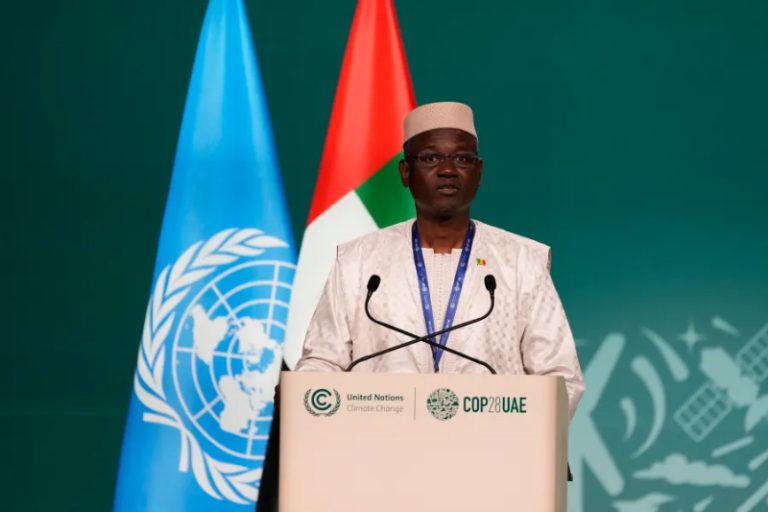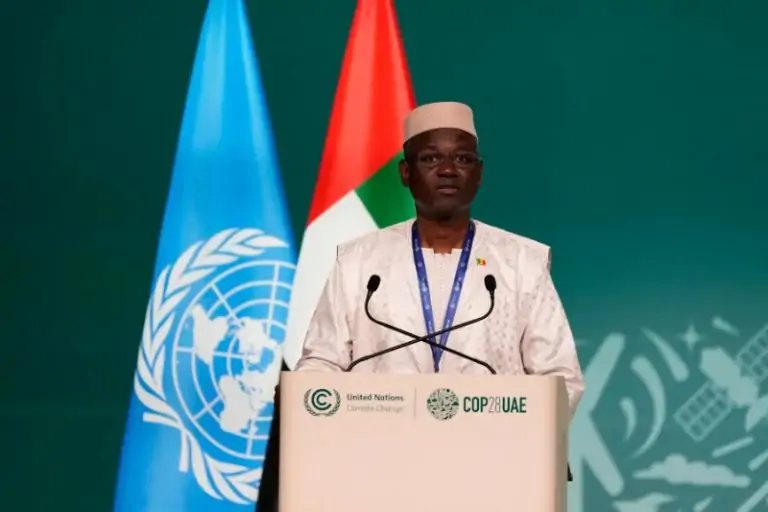

malis junta escalates crackdown bans reporting on political activities
Mali’s ruling junta has taken another authoritarian step, banning media coverage of political parties’ activities. This move follows the suspension of all political activities in the country, signalling a troubling escalation in the crackdown on dissent. Disseminated via social media, the order applies to all forms of media, raising concerns about the erosion of press freedom and the right to information.
The junta’s actions have sparked swift condemnation from both local and international quarters. Mali’s Maison de la Press has defiantly rejected the ban, urging journalists to continue reporting on political affairs and defend citizens’ right to access information. Similarly, Mali’s national commission for human rights has expressed deep concern, warning that such restrictions could exacerbate tensions in a country already grappling with political instability and insurgency.
The ban on political activities and media coverage comes at a critical juncture for Mali, which has witnessed two coups since 2020, plunging the nation into a cycle of political turmoil. With the promise of returning to democratic governance, the junta’s actions represent a significant setback, undermining efforts to restore stability and legitimacy to Mali’s governance. Analysts suggest that the crackdown may be a response to mounting pressure from political figures and civil society, highlighting growing dissatisfaction with the junta’s leadership and its failure to deliver on democratic promises.
The junta’s actions have not gone unnoticed on the international stage. The United States has expressed deep concern over the ban on political activities, emphasising the importance of freedom of expression and association in a democratic society. This condemnation underscores the broader implications of Mali’s political crisis, which extends beyond its borders and affects regional stability.
Mali’s ruling junta’s decision to ban media coverage of political activities represents a concerning escalation in its crackdown on dissent and undermines efforts to restore democracy and stability. As the country grapples with political instability and insurgency, the stifling of press freedom further exacerbates tensions and threatens the rights and freedoms of its citizens.
South African President Cyril Ramaphosa defended his nation against claims of white discrimination made by tech magnate Elon Musk. After…
Hilton launched Signia by Hilton for its first appearance in Egypt and Africa through its hotel expansions. These hotels at…
UNICEF reported that, nearly 2900 people died of cholera across Eastern and Southern African countries while children suffer most greatly…
Enza, based in the United Arab Emirates, obtained $6.75 million in initial investment funding from Algebra Ventures and Quona Capital.…
US Secretary of State Marco Rubio ordered South African Ambassador Ebrahim Rasool to leave America by March 21 because he…
Early 2025 ends with IPL fever in India and cricket fans receive good news of an international schedule full of…
This website uses cookies.